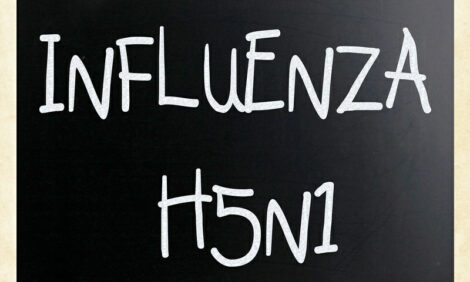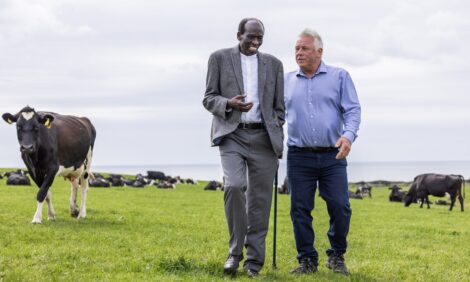



Formaldehyde Discovery Shows Supply Chain Weakness
BRAZIL – Complex milk supply chains are being blamed for the presence of formaldehyde in ‘adulterated’ UHT milk.The Ministry of Agriculture has stated that milk tankers in the townships of Guapore, Sellbach and Crissiumal have tested positive for urea and formaldehyde following attempts to stretch milk supplies and increase margins for hauliers.
Regulating milk quality is made difficult in the Brazilian dairy supply chain due to many milk tanker drivers being self-employed, independent businesses.
Private transport companies are not directly supervised by the Federal Inspection Service and are paid on a volume basis and not by kilometres travelled, which is the reason for milk contaminations, the Ministry has said.
Additional urea is to ensure the protein content of milk is retained following the introduction of water to increase volume. Proportionately, 1000 litres of ‘fraud milk’ typically contains 90 litres of water and a kilogram of urea, which contains formaldehyde.
The Ministry of Agriculture has reassured consumers that ‘fraud milk’ is of little danger to human health due to the amount of formaldehyde present in the urea being very small.
But despite little direct health concerns the government response has been swift, following initial 'fraud milk' discoveries last year.
Urea contamination was detected by routine inspection in June. A subsequent investigation ended with 600,000 litres of UHT milk recalled and tested.
A further large-scale milk quality assessment was initiated on Wednesday (May 8) when 318,000 litres of raw milk were taken into holding. The milk was preserved in a powder form to avoid decomposition before proper laboratory analysis.
So far three companies in Rio Grand do Sul have been implicated with supplying ‘fraud milk’. LTV based in Guapore, Marasca in Sellbach and Leaching in Crissiumal, to the north of the region, have all had deliveries recalled for further inspections.
The government believes that some transporters are profiteering from mixing milk, charging 10 per cent above standard haulage fees.
Michael Priestley
News Team - Editor
Mainly production and market stories on ruminants sector. Works closely with sustainability consultants at FAI Farms



